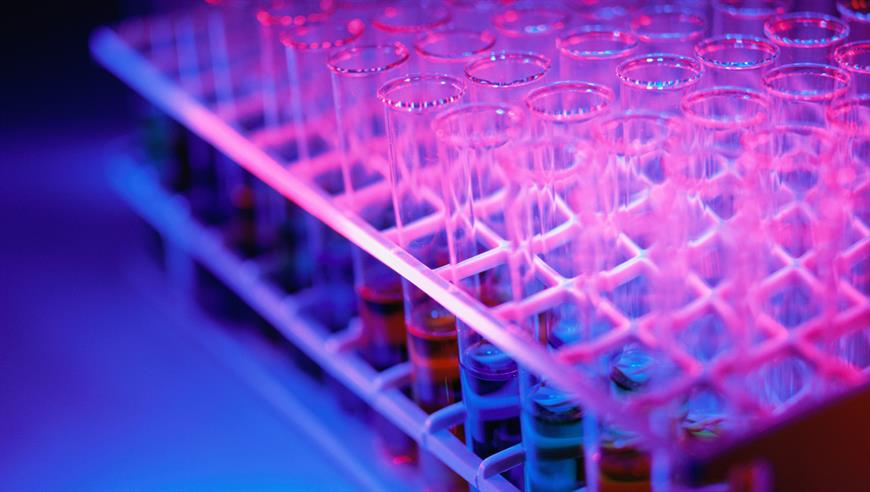
Chemical tools used in cancer research need to be selected more carefully, researchers have warned.
Writing in the prestigious journal Cancer Cell today, researchers from The Institute of Cancer Research outline major pitfalls in using chemical tools, and the ways in which their use can be improved.
Chemical tools are small molecules that scientists use to understand how biological pathways work, both in healthy cells and in diseases such as cancer.
These chemical tools, also known as probes, play a key role in discovering new targeted cancer drugs – but not all chemical tools used in cancer research today are of the same quality, and many are flawed.
Researchers should be more critical
In the new article, the authors argue that researchers should be much more critical both in selecting and then using the chemical probes when studying cancer, and also when discovering new drugs.
The new article provides researchers with a checklist of key recommendations – to make them aware of the promise and pitfalls of chemical probes, and to help them choose their chemical tools more carefully and use them more critically.
The quality of chemical probes is continually evolving, and biologists are not always aware of new, improved chemical tools.
This can lead scientists onto the wrong track, wasting precious time and effort in studying how cancer develops, and in the search for new treatments.
Disconnect between fields of chemistry and biology
The authors list a number of cases in which incorrect conclusions were drawn using chemical tools that are not as specific as they should be.
For example, a drug called iniparib was thought to block a mechanism important in DNA repair, but scientists later found that it didn’t work as expected, leading to failed clinical trials in breast cancer.
By selecting only the highest quality chemical tools, and then using them more carefully, scientists can make sure that chemical probes work in the way they are intended to, and that they target the correct protein.
In the new article, the researchers also argue that there is a disconnect between the fields of chemistry and biology, which leads to improper use of small molecules in cancer research.
Co-author Professor Paul Workman, Chief Executive of the ICR, said:
“Too often, researchers use outdated, poor quality or inappropriate chemical tools, leading to incorrect conclusions being drawn about how cancer cells grow and divide, and to choosing the wrong targets for drug discovery.
“This causes wasted time and effort, and in extreme circumstances results in large-scale and expensive trials of drugs based on mistaken conclusions – increasing the risk that they will fail.
Co-author Professor Julian Blagg, Deputy Director of the CRUK Cancer Therapeutics Unit and Head of Chemistry at the ICR, said:
“We need to make sure that biologists work closely with chemists, so that the very latest advances in chemical tools are applied across cancer research – to improve reproducibility, increase our understanding of cancer, and speed up the validation of new drug targets.”
Find out more about this story in Professor Paul Workman's blog, Call to bioscientists: choose and use your chemicaI probes very carefully
Read more